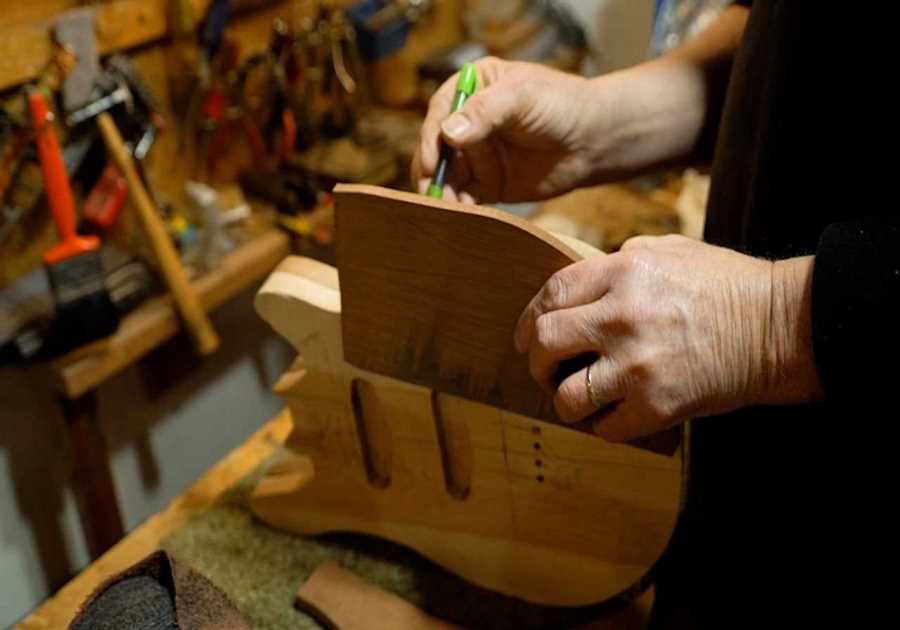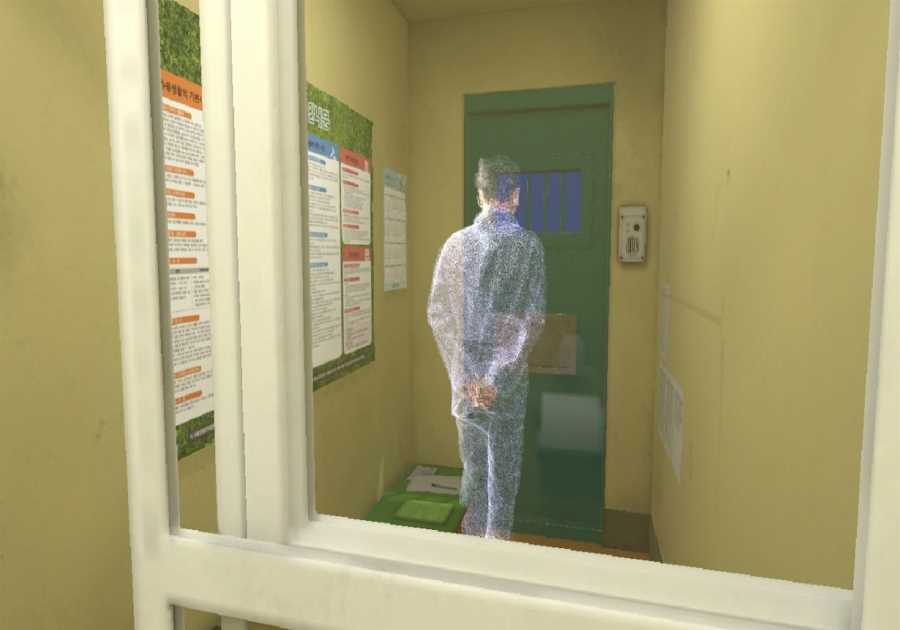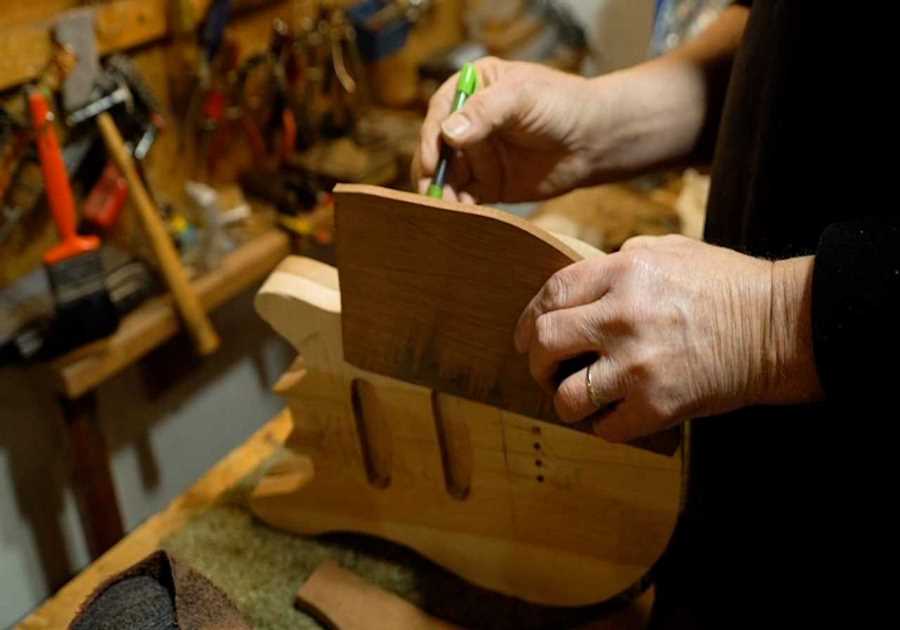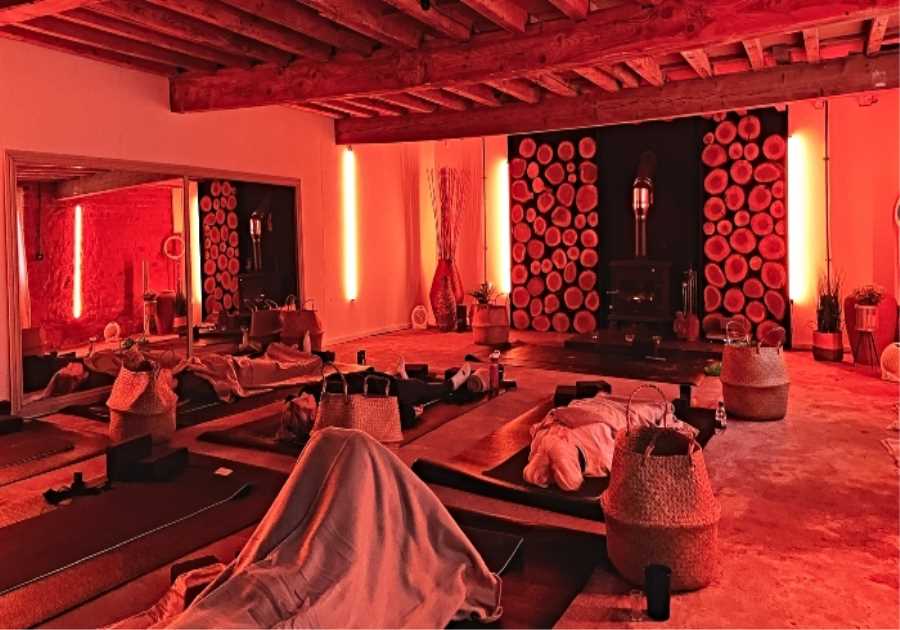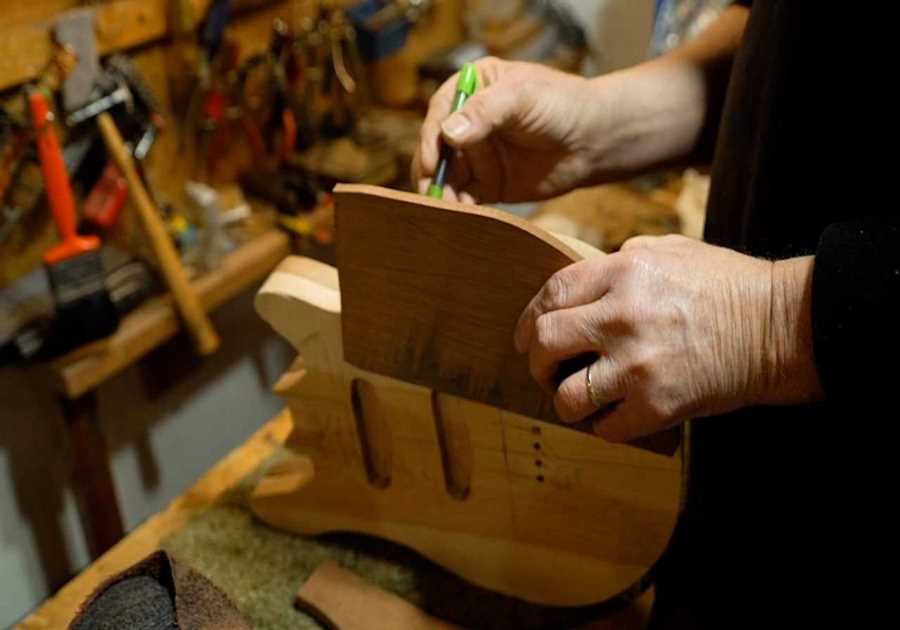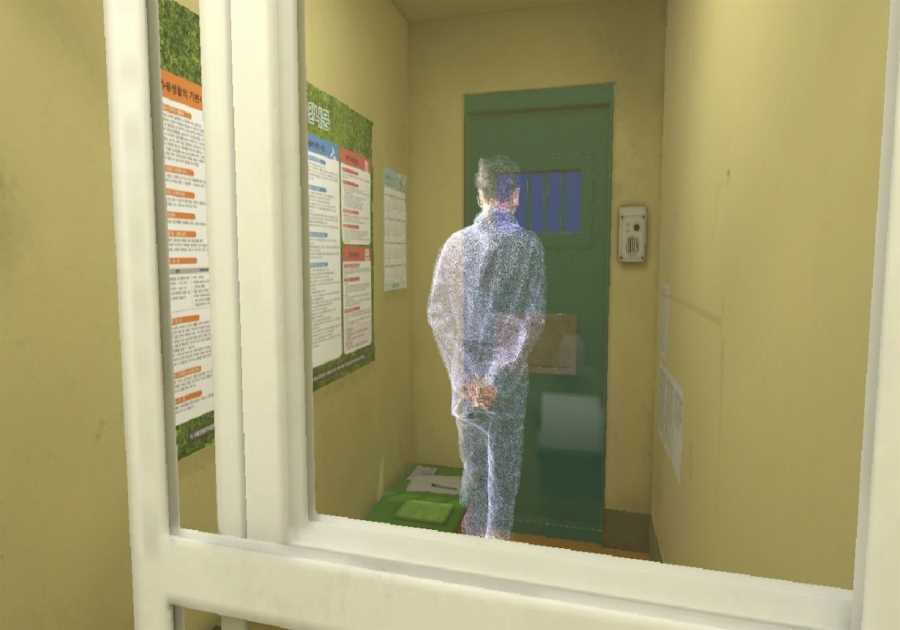The calculated investment Rachelle Wintzen made to further expand her yoga business paid off well in the five weeks that Chi Junky opened in early 2020.
The business had grown steadily from its humble beginnings in a 100-square-foot space in a former factory building south of Queen Street East seven years ago. By the beginning of 2019, she had signed a 10-year lease for the entire 4,000 square meter site.
Wintzen then took out a loan to finance two-thirds of a $ 150,000 renovation that closed the studio for two months in early 2020 to remove the core from the entire first floor and soundproof the entire building. In those heady five weeks after reopening – and before the pandemic changed everything – sales soared 40 percent as her clientele of mostly 20- to 40-year-olds grabbed many of the 40 sessions per week.
Then came the four month shutdown of COVID-19.
“It was pretty short-lived, so I’ve been holding on to my life in the hope that we can reopen and everyone can enjoy the work that was brought into the studio,” Wintzen said in a phone interview.
A newsletter for people who are interested in the climate
The renovated studio space that Chi Junky’s clients had enjoyed for five weeks prior to the pandemic forced the yoga studio to close. Photo by Lauren Miller
Since then, it has been a difficult task for the 37-year-old to invest more money in live streaming technology in the summer while offering greatly reduced online courses in order to keep as many of her customers as possible.
“At least it keeps your community busy and they don’t forget you,” she said. “If we can open again, we don’t want to start over.”
But around three-quarters of her customers stayed away, she said, because they had new financial bottlenecks or were unable to deal with the online format for various reasons, and Wintzen wasn’t always sure whether the yoga and Wellness studio could make it through.
In September, she wrote to customers to let them know that she had the prospect of closing for good at the end of the month.
An increase in online course enrollments in response has helped her keep going for the time being, but that and spikes in merchandise sales have since retreated and balancing the books remains a challenge.
“For this year I just want to be able to pay my bills. I only want to be able to go to sleep at night because I know that the rent is paid, the staff is paid … That’s it, that’s all I can ask, ”says Chi Junky owner Rachelle Wintzen. #COVID
“It’s not lucrative and every month I throw: ‘OK, am I paying this bill or am I paying this bill?’ Because I can’t pay for both, ”she said.
Variations on the Wintzen dilemma are unfolding across town and beyond as small business owners grapple with sharp sales cuts that are only partially offset by government support and efforts to reorganize operations that were previously based on face-to-face contact.
Chi Junky’s monthly spending would be around $ 40,000 before the pandemic, Wintzen said, with 27 employees on the payroll, including around 20 instructors.
That had to be tightened drastically, with six instructors (and since then three more) joining and Wintzen doing all the management and marketing work behind the scenes himself.
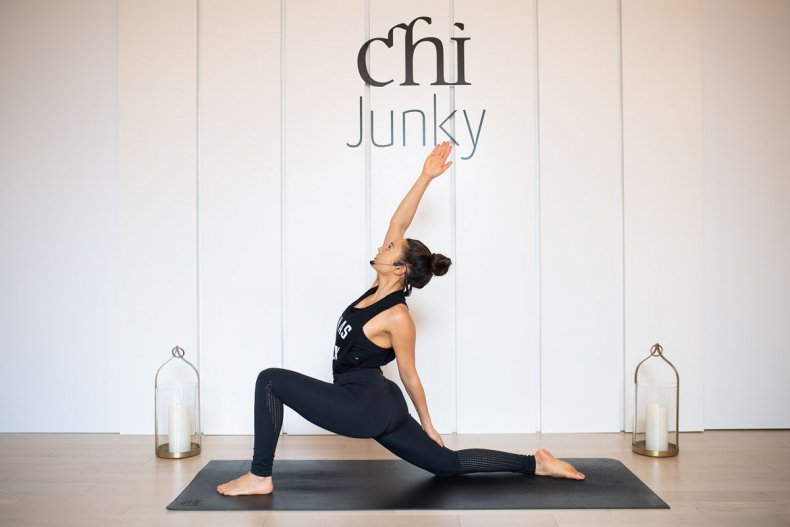
Before the pandemic, there were around 20 trainers working at Chi Junky. That was cut to six and has since increased to nine. Photo by Arthur Mola
She said she “qualified for pretty much all government assistance,” including government rent and wage subsidies, and had just applied for a provincial grant that opened earlier this month.
“It’s good, but to be completely honest it’s not enough and there is a lot of red tape and you have to wait quite a while to get most of the funding,” she said of the various programs. “Any money I received goes straight to paying bills.”
There is currently a two-month delay for the wage subsidy, she said, and it needs to be applied for every month. While she initially received the maximum 75 percent boost, that was reduced to 20 percent when Ottawa begins completing the program.
While the tapered space allowed Chi Junky teachers to run two classes of 30 students at the same time, the public health restrictions put in place when the studio finally reopened that summer allowed only 15 people in total, which later tightened to 10 people were. Even then, safety concerns resulted in some courses with only four participants.
Wintzen plans to continue streaming live courses as soon as the studio can reopen. Only the course instructor and not the people present are displayed. The prices for the online version will be offered at a similar discounted level as currently, while the in-person experience would be at a certain level as their regular prices.
She tries to be optimistic, but it is flavored with a high dose of realism.
“For this year I just want to be able to pay my bills. I only want to be able to go to sleep at night because I know the rent is paid, the staff is paid, and I am reducing the debt that I have amassed. That’s it, that’s all I can ask for “
Morgan Sharp / Local Journalism Initiative / Canada’s National Observer

